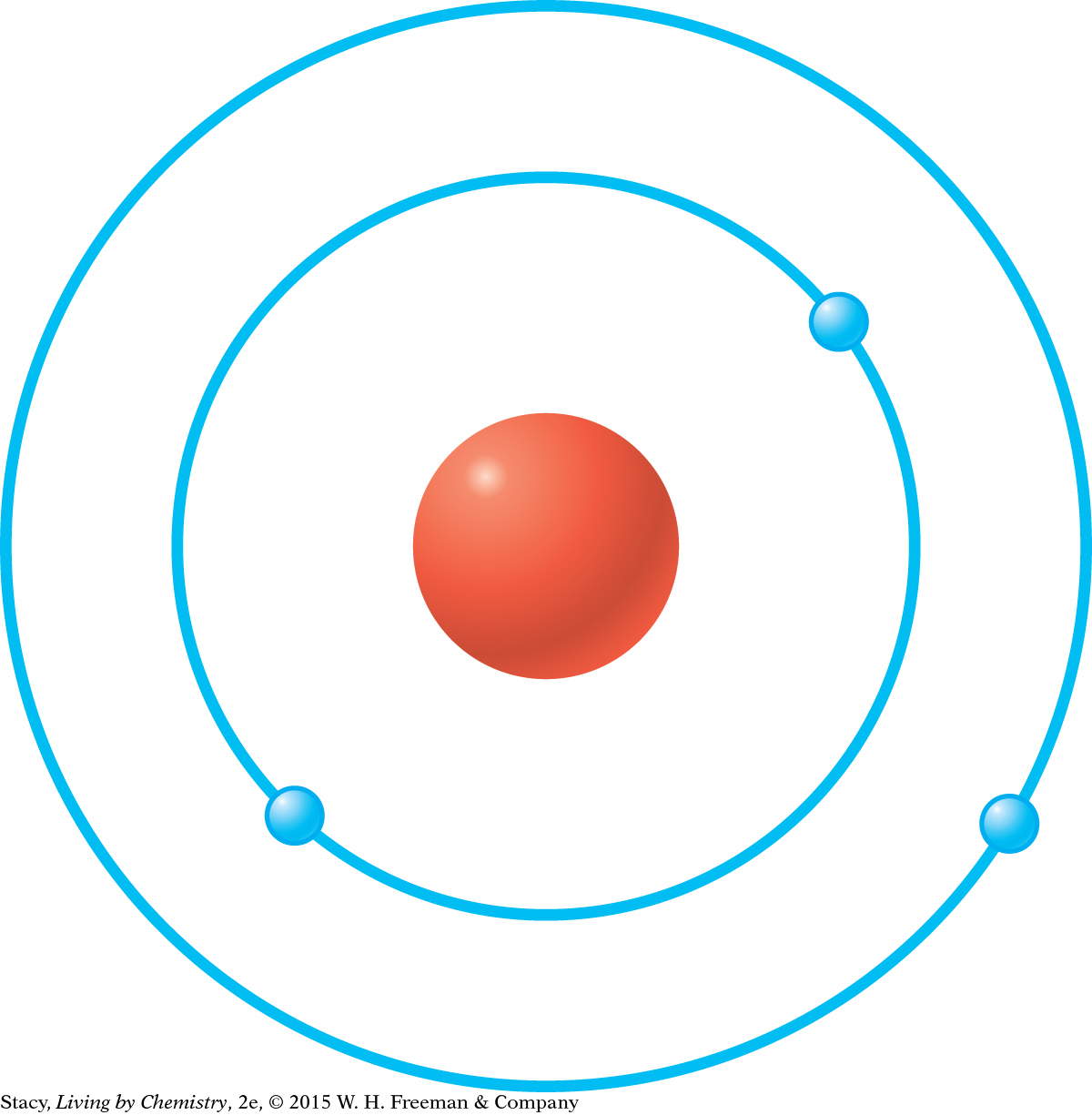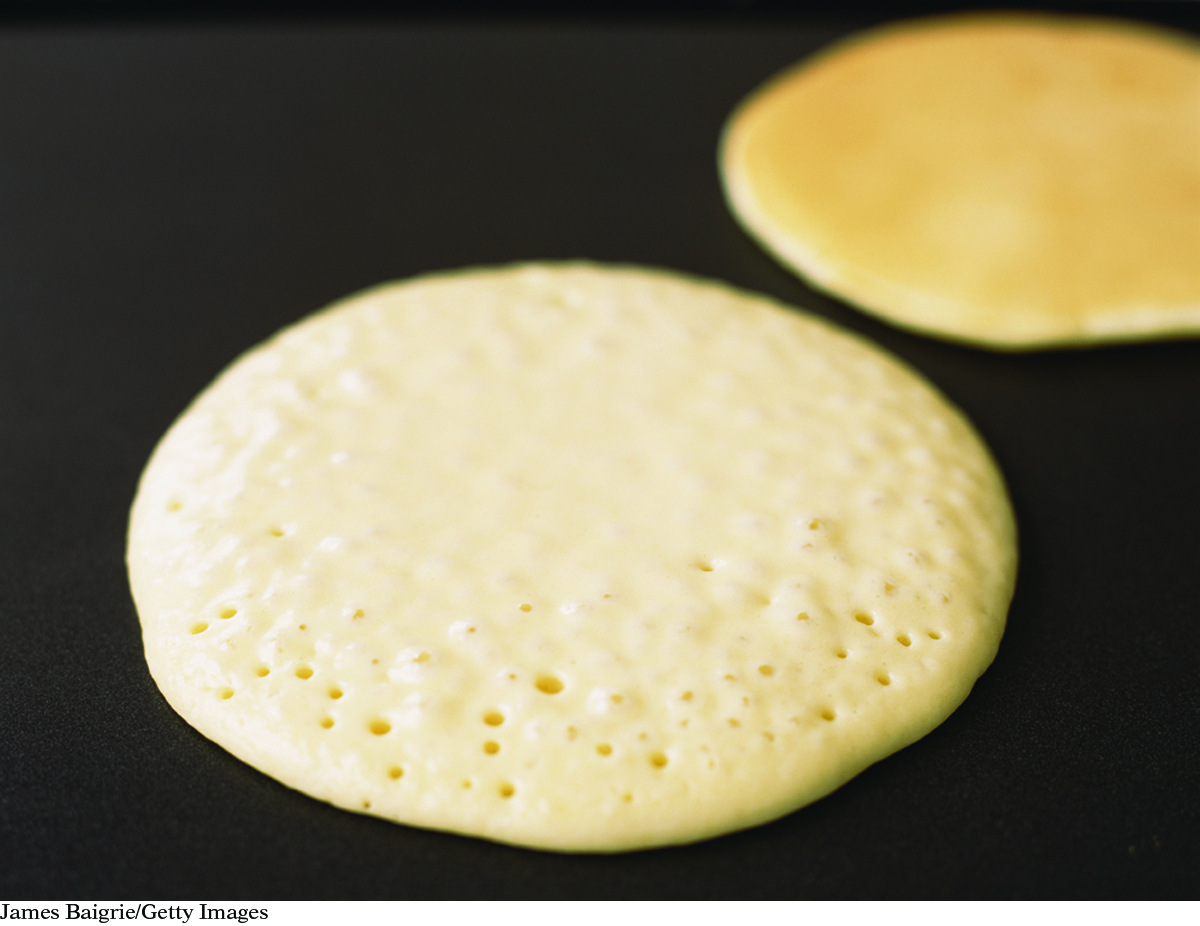Chapter 4 Summary
122

CHAPTER 4
Moving Electrons
SUMMARY
KEY TERMS
flame test
valence shell
valence electron
core electron
ion
cation
anion
ionic compound
rule of zero charge
polyatomic ion
monatomic ion
electron configuration
Alchemy Update

What do the electrons of an atom have to do with its properties?
The outermost electron shell contains an atom’s valence electrons. The number of valence electrons in main group elements is the same as their group number. Valence electrons are responsible for many of an element’s properties, so elements in the same group have similar properties. While you cannot change copper atoms into gold atoms, you can combine elements into compounds with new properties.
The electrons in an atom are fairly easy to change, unlike the parts of a nucleus. Atoms become more stable when they transfer electrons to other atoms, forming ionic compounds.
REVIEW EXERCISES
Question 4.1
1. Explain the importance of valence electrons.
Question 4.2
2. What are ionic compounds, and how do they form?
Question 4.3
3. How is the arrangement of electrons within atoms connected to the periodic table?
Question 4.4
4. Write the electron configuration for aluminum. Then write it using noble gas shorthand.
Question 4.5
5. For each compound listed, identify the anion and cation and the charge on each.
magnesium chloride, MgCl2
calcium nitrite, Ca(NO2)2
CONSUMER CONNECTION
CONSUMER
CONNECTION
Sodium bicarbonate, NaHCO3, is commonly known as baking soda. When it is used in baking, it reacts with other ingredients to release carbon dioxide. For example, baking soda is what causes the batter to rise and bubble when you make pancakes.

Question 4.6
6. Three polyatomic ions are listed here.
| silicate, SiO32– | chlorite, ClO2– | bicarbonate, HCO3– |
Write the chemical formulas for sodium silicate, sodium chlorite, and sodium bicarbonate.
Write the chemical formulas for calcium silicate, calcium chlorite, and calcium bicarbonate.